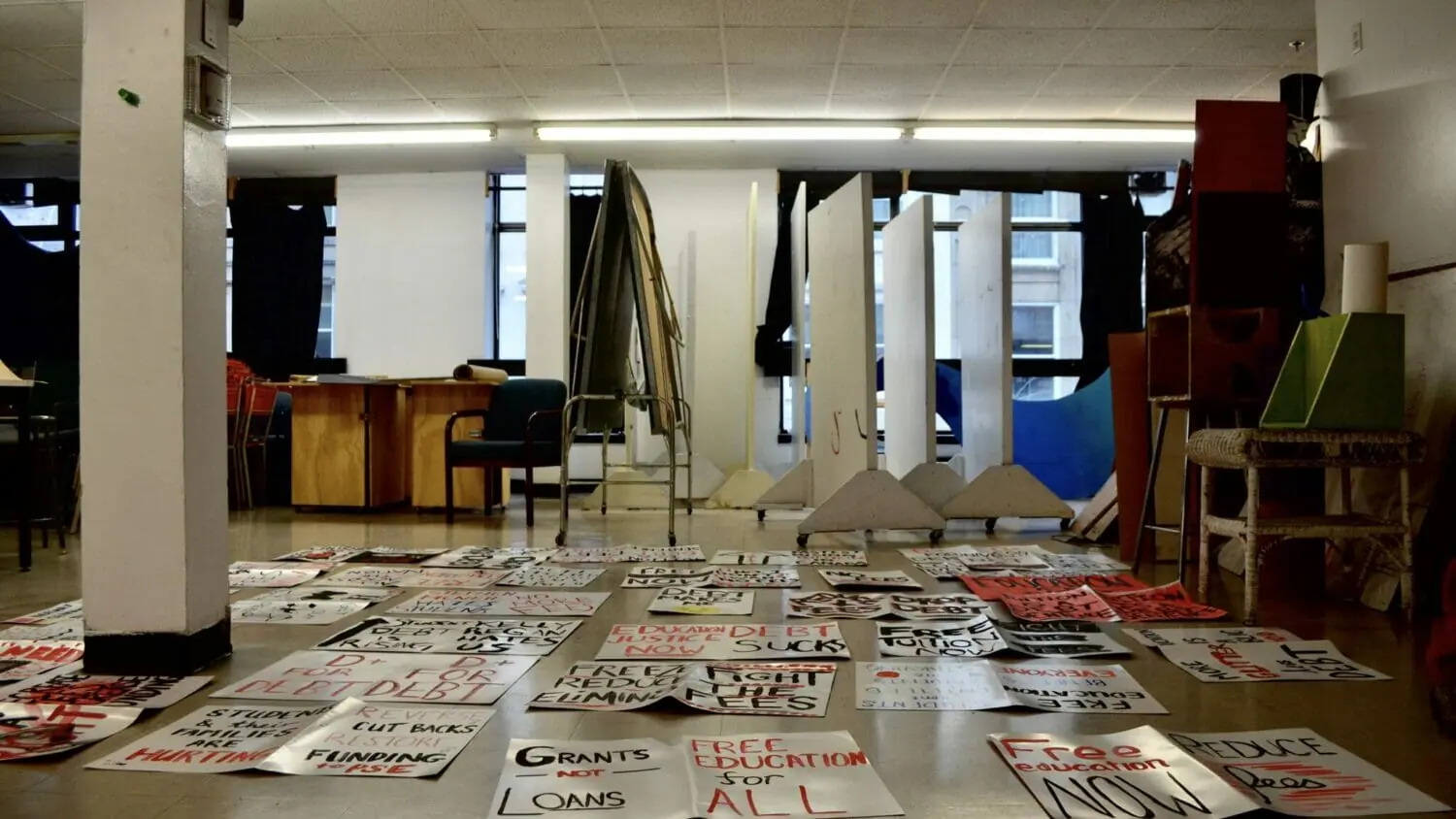Dalhousie University’s 200th anniversary saw a monumental Dalhousie Student Union (DSU) election.
Voter turnout peaked at 19.8 per cent of the student body – the largest turnout in over a decade – and candidate positions were the most contended in recent years.
Whether you agree or disagree with the election results, these statistics are a step in the right direction for Dalhousie – students are taking the initiative to be heard. But, a step in the right direction while blindfolded is hardly informative; these statistics need analysis.
Candidates Re-Elected
Three out of the five DSU executive positions – Vice President Academic and External (VPAE), Vice President Finance & Operations (VPFO), and Vice President Student Life (VPSL) – saw candidates seeking re-election.
They’ve all been re-elected. Re-election could indicate that students give the DSU an A+ on their report card for the past year. Perhaps students voted in favour of re-election thinking that exec veterans can better navigate the rough waters of DSU politics.
After a year of what many would consider bad PR, it’d be premature to rule out factors like recognition bias as a reason voters chose re-elections. Year after year, students are encouraged to exercise their democratic right to vote; but not all students properly research each candidate’s platform to make an informed decision.
Time-crunched students, being pressured to have their votes counted, often use society endorsements or vote for familiar faces (i.e. incumbents) – even if those candidates’ platforms may not represent them.
Essentially, the voting system – especially on campus – is prone to error. Not every student actively seeks to inform themselves on each candidate’s platform; yet, many still vote blindly. These students, along with those who abstain from voting, are the students the DSU needs to engage in the coming year.
A starting point for addressing the lack of accessibility may simply be recognizing that students are unable or unwilling to take time out of their busy lives to inform themselves. Promoting main platform points of all candidates in a clear manner and in public, readily accessible, physical locations could help reduce the potential for recognition bias.
Looking Forward
High turnover rates and steep learning curves make a new DSU councillor’s job hard.
In years past, the incoming DSU exec has been comprised mainly of fresh faces; the inexperience making it harder to meet student demands. With three returning councillors, this year’s incoming exec have a unique opportunity to build upon prior mistakes.
But improvement will first require the returning execs identify what didn’t work for them this past academic year.
Cory Larsen, VPSL, struggled at times with program execution. One of Larsen’s missions as a VPSL novice was to maintain the momentum that often dissipates after orientation week and Dalfest.
Larsen intended on “bettering [the DSU exec’s] communication with constituents so information is reaching more than just the DSU bubble.”
But he missed the mark on this. Especially with DSU’s Sn-O-Week. A concert performed by Hollerado, who headlined DalFest 2015, required rescheduling due to a lack of ticket sales – presumably from poor event promotion and execution. Two other events were rescheduled or cancelled due to weather.
Larsen should increase attentiveness to student desires for programming on campus while also focusing on program execution.
Masuma Khan, VPAE, has been a driver for social change on campus.
While passionate and well-intentioned, Khan’s initiatives are – at times – polarizing. A motion to opt out of the Canada 150 celebrations had a mixed reaction that was divisive. But while controversial, many of Khan’s motions have opened the door for dialogue long overdue on campus. Moving forward, Khan would benefit from maintaining her political rigour.
Like other VPFOs in the past, Chantal Khoury VPFO, has had troubles with budget transparency.
Students are paying increasing amounts in fees and tuitions to attend Dalhousie, though the majority don’t know where these fees go. The DSU has a recurring problem with budget accessibility and transparency. Having been in the role for almost a year now, Khoury’s experience and student feedback should give us more transparent fiscal policy for the coming year.
It’s up to the returning DSU execs to make sure their re-election isn’t a burden to the student experience, but instead an opportunity.
Increased Contention
Increased contention for the five exec positions is, for some, due to feelings of inadequate representation from the DSU.
Jennifer Samson, one of this year’s DSU president candidate, expressed concerns that the DSU is not providing the same quality of services on Sexton campus as it is on Studley campus.
Mary MacDonald, the previous DSU disability representative, expressed similar discontent with the DSU and the lack of progress they’re making to ensure people with disabilities feel represented at Dal. There was an increased number of right-wing candidates.
The DSU is inherently political, and exec members will always have their campaign promises, and those promises should indicate their political agenda. Well-intentioned, agendas are a great way to ensure students are represented equitably.
The incoming exec can’t ignore the writing on the wall – increased voter turnout and candidate contention reflect in part, increased awareness of and concern for the future of the DSU.
There are thousands from the student population that want to be represented fairly.
Ensuring equity for subsets of the student population that are underserved is essential. The new exec needs to held accountable for their campaign promises. The new exec will have to be adaptable, responding to all student concerns and complaints in an efficient and empathetic manner.
After all, the DSU is Dalhousie’s collective student voice on campus.


Recent Comments